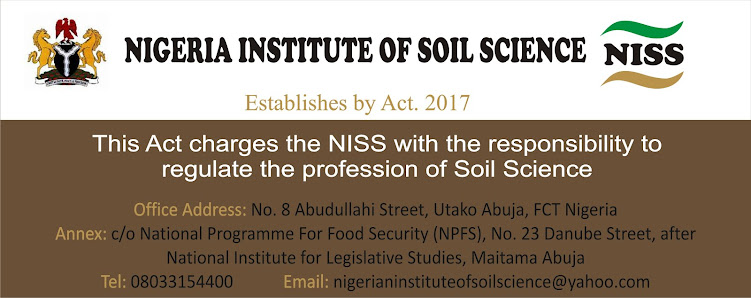The recently organized workshop by the USAID- ICRISAT for media men at Kano towards up scaling the production of groundnut commercially in the country ended with great concern for a pragmatic policy that will ensure more better agricultural produce for National and International consumptions as challenges of a fungi disease called aflatoxin infection on both human and animals can be so colossal if preventive measured are not encouraged.
As the groundnut up
scaling is about to commence in some states of the Federation, Nigeria may
stand to regain back her position in the world market when she used to be the largest
exporter over America untill the position was lost due to neglect and policy summersault
as there is need for standard production against any fungi diseases occasioned
by mould that can short- change the market potential.
The incorrigible attitude
of our local farmers to new method techniques of production is also a great
challenge to fighting this fungi mould disease that would have been better
addressed through effective extension officers which funding has been made
moribund in many states of the federation which is a great challenge to
agricultural development.
Media men were educated about
the causes of aflatoxin as result of fungi infection disease on crops
occasioned by moulds infections right from harvesting and post harvesting to
further processing of drying in a local way which may not be too effective for
dryness of all the nuts according to Prof. Olufunmilola Alabi of the Institute
for Agriculture (IAR), Ahmadu Bello University, Zaria who argued that the
adverse impact of consuming a non healthy nuts could result to many diseases in
both humans and animals that can get contaminated through livestock feeds
emphasizing the need to educate our feeds producers just as farmers should be
watchful of what they give to their animals. Why this issue of aflatoxin
bothers mind is the inability to be easily identify with naked eyes according
to scientists who stated that the good news is that it could be prevented
through many ways that need to be well backed with government political will at
all levels for the benefit of market acceptability and food safety in the
country.
Another thing that is
worrisome and worthy of asking is what the government has been doing to put in
place a very stable preventive measure towards checkmating this infectious
disease based on her awareness of this aflatoxicosis disease outbreak since
1961 at United Kingdom leading to enormous economic loss in poultry. We are
aware that the Federal Government by then set up a screening exercise in order
to protect the groundnut market interest then which must be ascertained whether
the measure is still there or not since the collapse of pyramid days.
The increasing population
of Nigeria demands for more food production of which ground nut produce is very
strategic based on its derivates in terms of vegetable oil and cake for home
consumptions cum animals’ feeds cannot be overemphasized for its needs for
standard production, processing and marketing through aflatoxin free diseases.
In the present spirited
effort of this present administration of President Mohammadu Buhari to
diversify the economy from the oil sector to the real economy, it will not be
also out of place to ensure the standard production of agricultural produce in
the face of international markets’ rejection of our crops produce in order to
achieve the repositioning of the country’s economy with respect to giving
prevention of aflatoxin and any other
fungi associated diseases is functional policy through a proactive preventive
measure of science measurement being put in place right from land preparation
to harvesting, post harvesting and marketing for a food safety and secured
nation. And this measurement must be well politically supported at all level of
governments as farmers must be enlightened in this regards for the benefit of
their produce’ premium.








